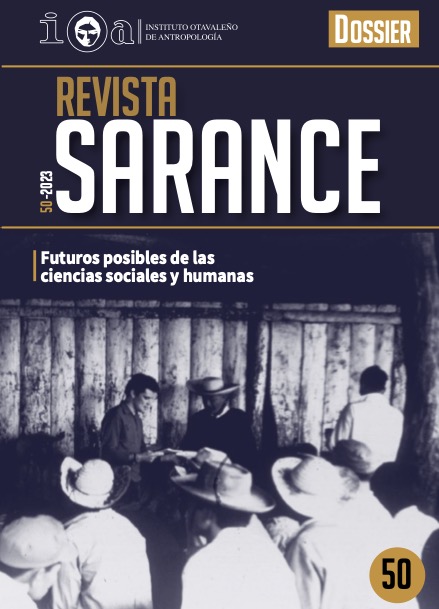Abstract
Posthumanism is an intellectual movement emerged in the late 20th century that seeks to overcome traditional humanistic views, such as the conceptualization of the human being. It represents a critique of some central aspects of humanistic thinking, especially those related to how reality and the human being are understood. The most important aspects that characterize it are post-anthropocentrism and the conceptualization of the human being not as an autonomous agent but situated in an intricate system of relations. Post-anthropocentrism implies not considering the human being above everything around them, which means recognizing the importance of relationships and the relationality inherent in posthumanism. The relationship is what gives rise to the identity of the self, and what matters is how, with whom, and with what we relate. Posthumanism represents a critique of essentialism, universalism inherent in humanism, binary thinking, and does not consider the human being as a free agent but as a product of impersonal forces of history and culture. Therefore, the human being cannot speak on behalf of a universal human being. Posthumanism has significant social consequences, as it implies a critique of biased views such as ethnocentrism, Eurocentrism, or androcentrism.

This work is licensed under a Creative Commons Attribution-NonCommercial-ShareAlike 4.0 International License.
Copyright (c) 2023 Array





